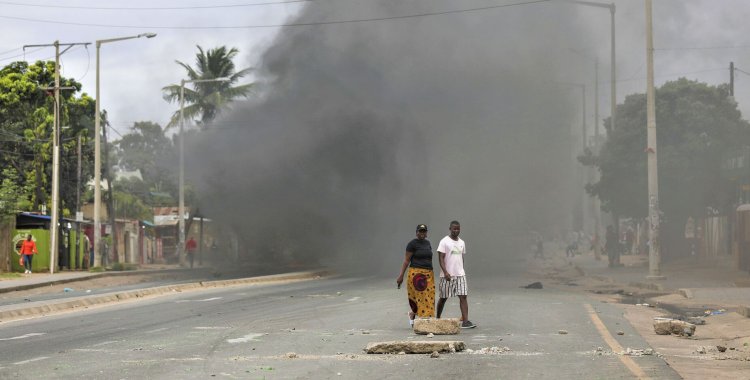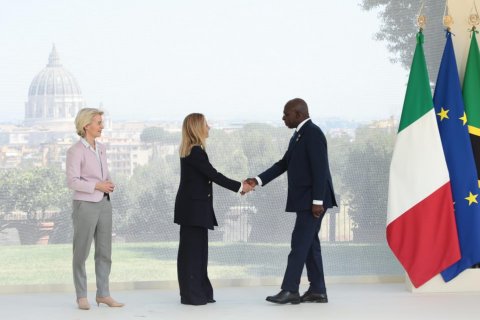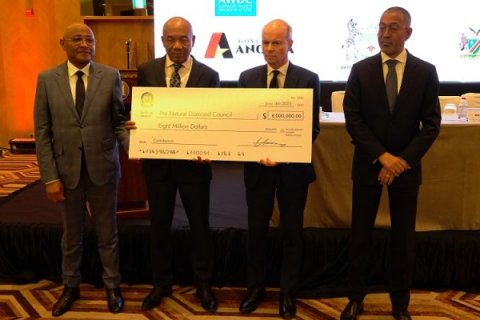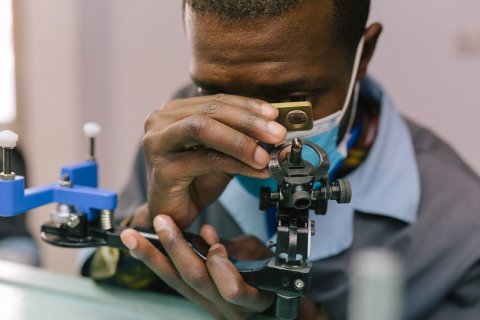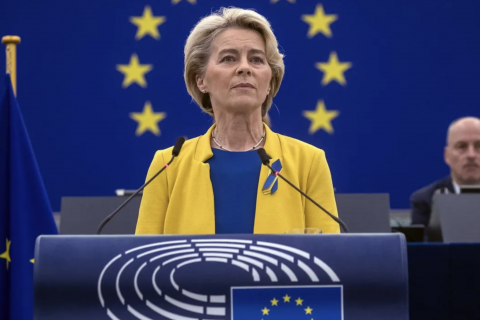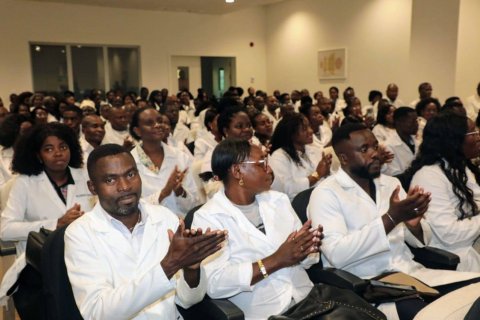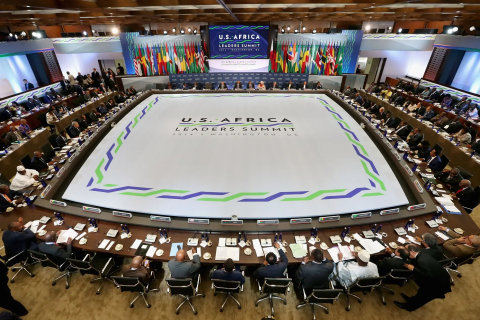The Episcopal Conference of Angola and São Tomé (CEAST), in a note addressed to the bishops of the Episcopal Conference of Mozambique, expresses solidarity with the Mozambican people and church, "once again tested by the pain and anguish caused by widespread violence that threatens the peace so hard won by this nation".
In light of reports coming from Mozambique, following the post-electoral crisis, "worsened with the publication of the final election results", CEAST joins the voice of the Mozambican bishops in calling for "containment of violence and the search for lasting peaceful solutions that require the search for truth and electoral justice".
The current situation in Mozambique disturbs the "collective conscience as brothers", consider the Angolan Catholic bishops, calling on the parties in conflict to "do everything to calm the spirits" and "open lines of negotiation to stop the spiral of violence that the country is facing".
They also call on regional and continental organisations, namely the Southern African Development Community (SADC) and the African Union, to use their conflict resolution mechanisms to make "every effort" with the parties in dispute to restore democratic normality, without neglecting the legitimate will expressed by the Mozambican people at the polls.
In this note signed by the president of CEAST, Archbishop José Manuel Imbamba, the Angolan episcopal college also proposes a day of prayer for peace in Mozambique on 1, 2 and 3 January 2025.
On 23 December, the Constitutional Council of Mozambique proclaimed Daniel Chapo, a candidate supported by the Mozambique Liberation Front (Frelimo, in power), as the winner of the election for President of the Republic, with 65.17 percent of the votes, succeeding Filipe Nyusi in office, as well as the victory of Frelimo, which maintained its parliamentary majority, in the general elections of 9 October.
This announcement caused chaos throughout the country, with protesters in favor of Venâncio Mondlane – a presidential candidate who, according to the Constitutional Council, only obtained 24 percent of the vote – taking to the streets, barricading, looting and clashing with the police, who have been firing shots in an attempt to demobilize the movement.
Since October 21, when the protests against the process surrounding the October 9 general elections began, the electoral platform Decide, a non-governmental organization that monitors the process, has recorded 277 deaths, 586 people shot and 11 missing.

